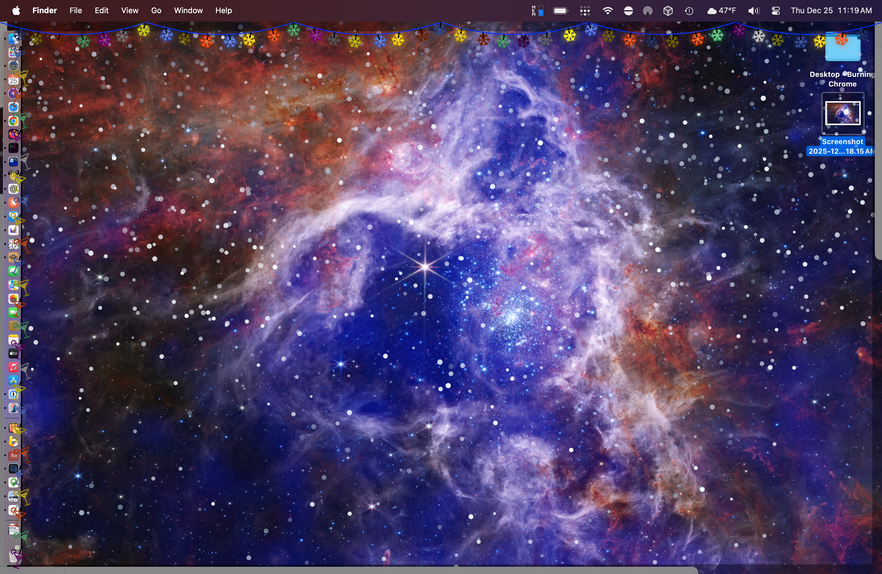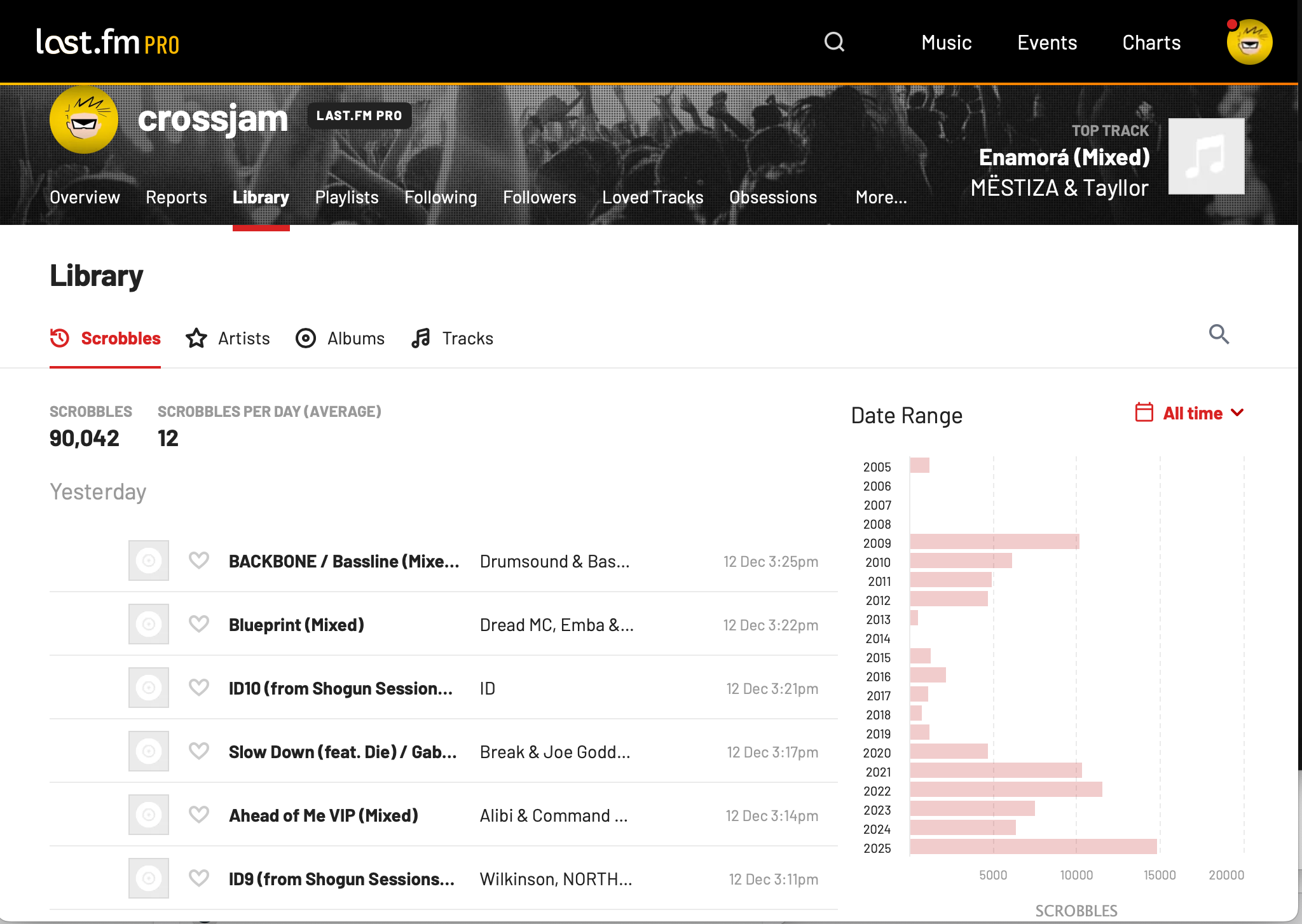Cal Newport recently engaged with an article by Derek Thompson
entitled Everything is Television. I came across Newport’s
thinking via a recent podcast episode. Here’s the gist:
Last month, Derek Thompson published an intriguing essay that made
waves in technology criticism circles. It was titled: “Everything is
Television.” In today’s episode, Cal takes a closer look at this
essay, unpacking and expanding Thompson’s arguments, and ultimately
concluding with a series of predictions about what to expect next
from the internet.
Both posts are worth a read and I’m not going to spoil the punchlines
here. Give ’em a click and digest in full. They did trigger a burr
that’s been itching me lately. As someone who was around when straight
blogging took off, I’ve always been somewhat bemused about how much
more successful podcasting has become. Even as curmudgeonly as I am, I
subscribe to a decent number of podcast feeds, while admittedly
listening to a small handful of episodes. I probably average fewer than
five episodes a week, if that.
Still, the pivot to video is disappointing. The fact that a podcast is
really a hosted YouTube or Twitch stream invariably shows through. The
conversation inevitably snags on some visual element. Part of the
reason I came to enjoy podcasts is that they were an intelligent form
of radio that I could use mostly as background noise with occasional
moments of insight.
Also, video requires higher costs and greater production value to be
sustainable. So now episodes come with a heaping helping of “check out
our livestream,” and “don’t forget to hit those like, subscribe, and
share buttons.” 🤮 The drive to build a large enough audience to stay
credible on YouTube, TikTok, and maybe The Socials (TM) is amplified.
Enough whinging. Like many things, I’ll stick with listening to
podcast episodes despite my complaints. I’ve also been lucky not to
hit (much) AI slop. At some point it’ll be “not for me,” and I’ll move on.
Bonus Ramblin’
Just some incoherent follow-up on the bigger issue Newport and
Thompson are engaged with. Thompson’s definition of television is
similar, but not the same, as the TV that I grew up with:
By “television,” I am referring to something bigger than broadcast
TV, the cable bundle, or Netflix. In his 1974 book Television:
Technology and Cultural Form, Raymond Williams wrote that “in all
communications systems before [television], the essential items were
discrete.” That is, a book is bound and finite, existing on its own
terms. A play is performed in a particular theater at a set
hour. Williams argued that television shifted culture from discrete
and bounded products to a continuous, streaming sequence of images
and sounds, which he called “flow.” When I say “everything is
turning into television,” what I mean is that disparate forms of
media and entertainment are converging on one thing: the continuous
flow of episodic video.
If all media (Thompson), or “just” Internet media (Newport), collapse
into television, there are some interesting dynamics. I find resonance
with Newport’s idea that social media behemoths may fall by the
wayside, as television doesn’t have the same social network
lock-in. Alternatively, they might try to morph into the new form
… and fail.
Also, from my personal experience, content bifurcates into two bins:
one: high-priced live-event spectacles (sports, superstar concerts,
breaking news); and two: an infinite, mostly undifferentiated catalog
of on-demand narratives (everything else).
On the latter point, I’m probably not the only one to notice that the
UX of many streaming services is frightfully similar. Sometimes I
wonder if Netflix, Prime, Peacock, Paramount+, and Disney+ all paid a
visit to the same design shop. Apple, of course, has to be different.
I’m not quite sure whether drop-in, screaming-head outrage generation
(cable news, sports talk) deserves its own bin due to eminent disposability.
Lastly, we’ve seen that collapse into an undifferentiated mass with
text on the web in general and print news in particular. It hasn’t
gone very well.


